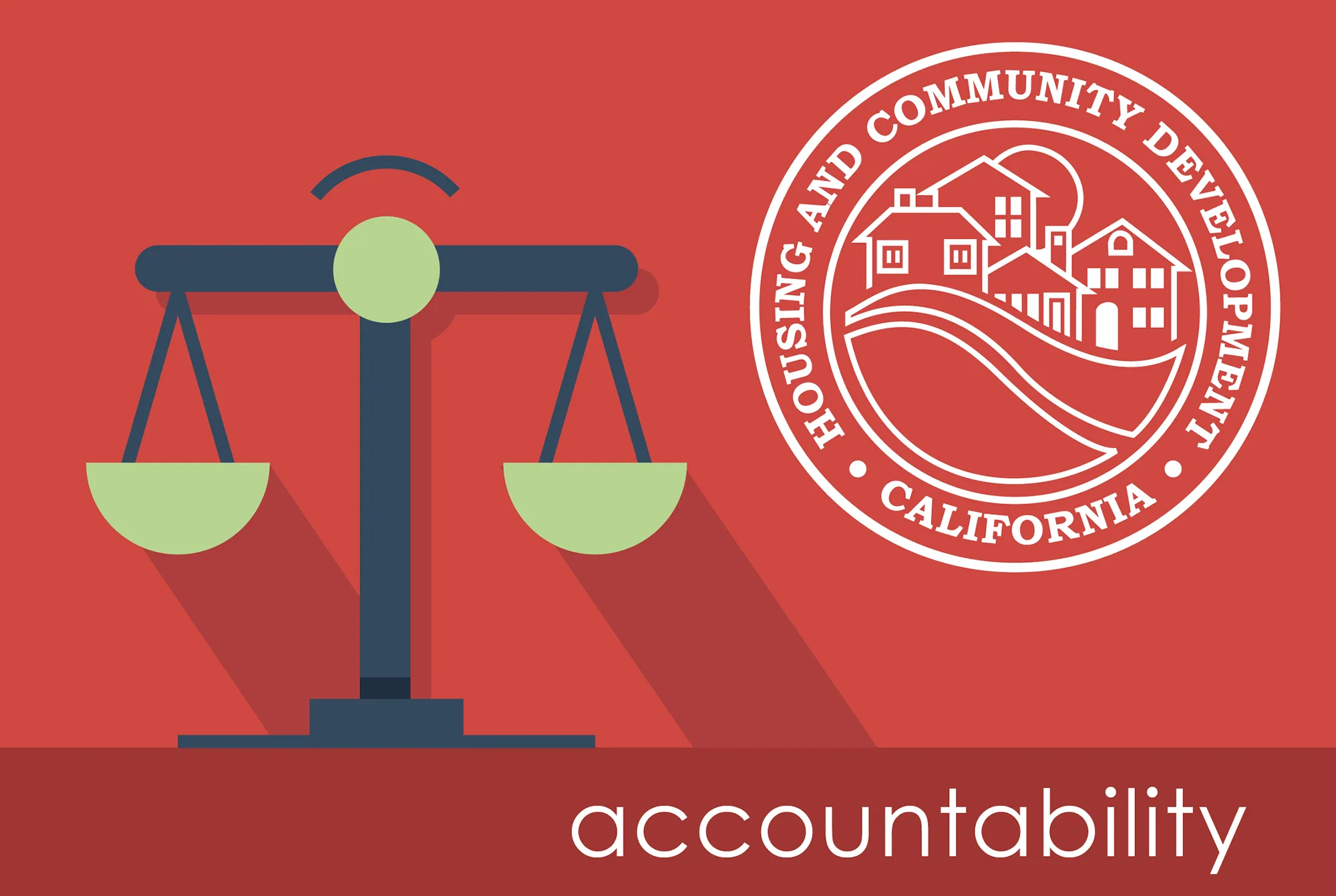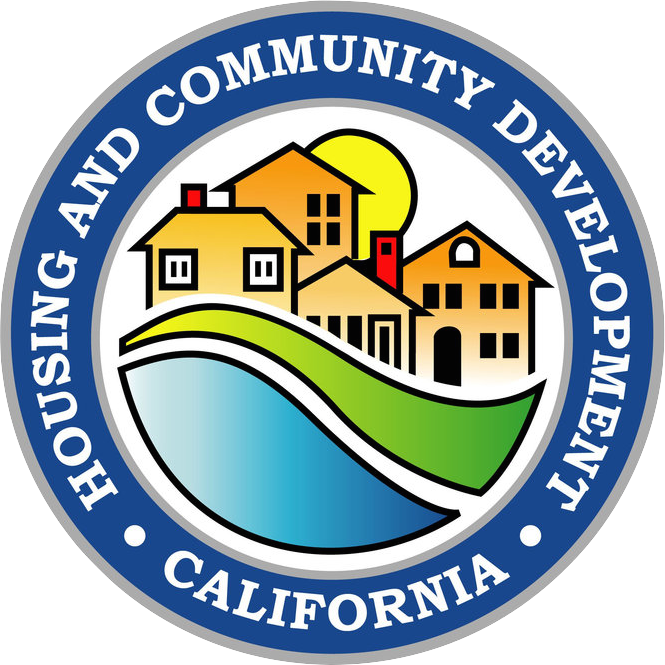Governor Newsom Sues Norwalk For Unlawful Homeless Shelter Ban
WHAT YOU NEED TO KNOW: After repeated warnings, California sued Norwalk for the city’s unlawful ban on homeless shelters and other housing.
November 4, 2024

Los Angeles, CA
Governor Gavin Newsom and Attorney General Rob Bonta today filed a lawsuit against the city of Norwalk to compel the city to overturn its unlawful ordinance banning the establishment of new homeless shelters and other housing. The lawsuit alleges that the city’s ban violates numerous state laws. The lawsuit comes after multiple warnings and actions by the state, including revocation of the city’s housing element compliance.
“The Norwalk city council’s failure to reverse this ban, despite knowing it is unlawful, is inexcusable. No community should turn its back on its residents in need.” Governor Newsom.
“Today’s lawsuit should come as no surprise. Despite receiving several warnings, the City of Norwalk has refused to repeal its unlawful ban on new supportive housing for our most vulnerable residents. Enough is enough,” said Attorney General Bonta. “Every city and county in California has a legal obligation to help solve our homelessness crisis. We have not, and will not hesitate, to ensure that everyone with the power to approve or disapprove housing takes their duties seriously.”
“Norwalk's moratorium on housing for its most vulnerable residents is not only unlawful — It is a rejection of people's basic health, safety, and humanity,” said California Department of Housing and Community Development Director Gustavo Velasquez. “We're grateful for the Attorney General's partnership to ensure all cities and counties are held accountable when they fail to comply with state housing law. I am disappointed the city did not reverse course on its own accord, choosing instead to waste time and public resources and be forced by the court to do the right thing.”
The state sent Norwalk a notice of violation on September 16 after the city council adopted a 45-day urgency ordinance imposing a moratorium on emergency shelters, single-room occupancy housing, supportive housing, and transitional housing. Despite this, on September 17, the council extended that ordinance another 10 months and 15 days. The moratorium violates several state planning and fair housing laws, including the Housing Crisis Act, Affirmatively Furthering Fair Housing, and Housing Element Law.
In addition, Norwalk has yet to meet its housing goals as required by state law. The city has only issued permits for 175 units during this housing element cycle, a mere 3.5% of its 5,034 unit Regional Housing Needs Allocation (RHNA) – the number of units required to ensure that communities have enough housing.
On October 3, in response to the city’s failure to repeal the ban, the state announced that it was decertifying the City of Norwalk’s housing element. The state’s action makes the city ineligible for significant housing and homelessness funding and means the city can no longer deny permits to “builder’s remedy” affordable housing projects.
Norwalk issued the ordinance only weeks after Governor Newsom issued an executive order that, among other things, urges local governments to use the unprecedented funding provided by the state to address unsanitary and dangerous encampments within their communities and provide people experiencing homelessness in the encampments with the care, housing, and supportive services they need. Since 2019, HCD has awarded Norwalk nearly $29 million in housing and homelessness funds.
The lawsuit was referred to the Attorney General by HCD’s Housing Accountability Unit, which was launched by Governor Newsom in 2021 to assist cities and counties in fulfilling their legal responsibilities to plan for and permit their fair share of housing, and to hold accountable those that fail to do so. This focus on accountability has in part led to a 15-year high in housing starts in California. Since its establishment, the Housing Accountability Unit has supported the development of more than 7,400 housing units, including more than 2,700 affordable units, through enforcement actions and by working with local jurisdictions to ensure compliance with housing law. In 2024 the Unit was expanded to include a focus on homelessness issues - including compliance with state laws as they relate to homeless housing.

